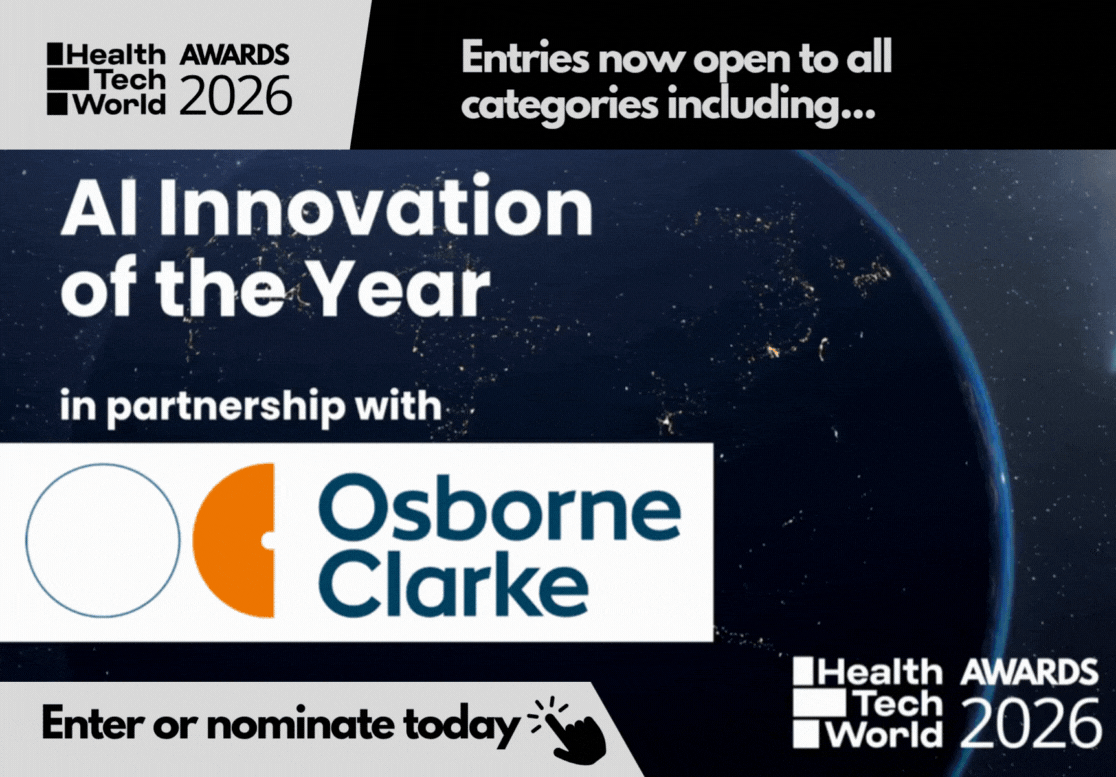AI-powered brain stimulation at home could enhance focus, study finds

A new AI-powered brain stimulation system could improve focus during challenging tasks, allowing people to enhance concentration from home.
The personalised system combines transcranial random noise stimulation (tRNS) – a gentle and painless form of electrical brain stimulation – with artificial intelligence that adjusts settings based on individual traits, such as attention levels and head size.
By tailoring stimulation intensity, the AI identifies optimal settings without needing costly MRI scans, making personalisation more accessible and scalable.
Professor Roi Cohen Kadosh is head of psychology at the University of Surrey, founder of Cognitive Neurotechnology Ltd, and lead author of the study.
The researcher said: “Our modern world constantly competes for our attention.
“What is exciting about this work is that we have shown it is possible to safely and effectively enhance cognitive performance using a personalised system that people can use independently at home.
“This opens new possibilities for improving sustained attention, learning, and other cognitive abilities in a way that is accessible, adaptive, and scalable.”
Researchers from the University of Surrey, the University of Oxford and Cognitive Neurotechnology trained the AI on data from 103 people aged 18 to 35.
Participants completed 290 home-based sessions using CE-marked headgear and a tablet-based attention task.
The system was then tested in a double-blind trial involving 37 new participants.
Those who received AI-personalised stimulation showed significantly better performance compared to standard or placebo stimulation.
The most notable improvements were seen in individuals who began the trial with lower attention levels.
Kadosh said: “Our work highlights the growing role of AI and wearable neurotechnology in enabling personalised, real-world cognitive enhancement, with potential applications across education, training, and future clinical use.”
The study reported no serious side effects. Sensations felt during stimulation were similar in frequency and severity to those experienced during placebo sessions.
The AI also helped avoid stimulation levels that might reduce performance – a limitation seen in previous, non-personalised approaches.
The technology’s patented method may support people aiming to improve focus during study, work or other mentally demanding tasks, without needing clinical supervision.









